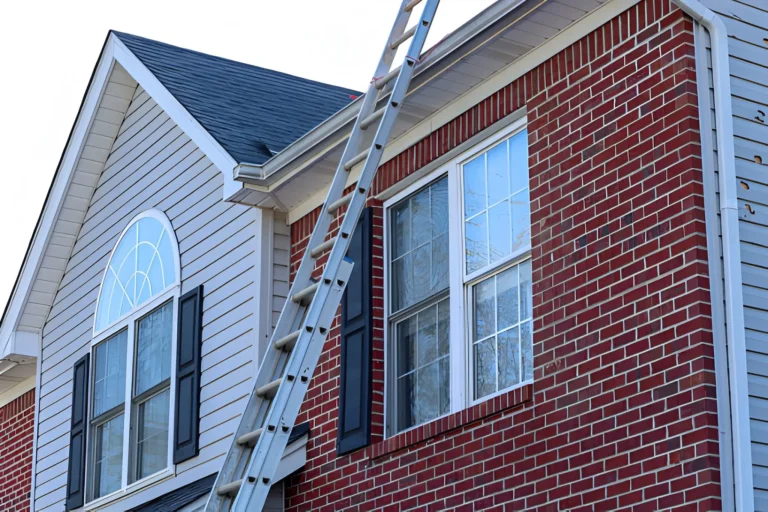When your roof suffers damage, whether from a storm, a fallen tree, or years of wear and tear, it’s natural to ask: Should I repair it quickly, or is it time for a complete replacement? The answer depends on several factors, including the extent of the damage, the roof’s age, and, of course, your budget. Understanding the pros and cons of emergency roof repairs versus a complete replacement can help you make the most financially sound decision for your home or property.
The Urgency of Emergency Roof Repairs
Emergency roof repairs are often needed when there’s sudden or severe damage, such as a tree branch crashing through during a storm or a leak causing internal water damage. In these cases, time is critical. Delaying repairs could lead to structural issues, mould growth, or further water infiltration that drives up costs.
Emergency repairs are typically short-term solutions. The roofers goal is to stabilize the roof and prevent more damage. For example, patching a hole, replacing a section of shingles, or covering a leak with waterproof materials can buy you time while you decide on a long-term fix.
Cost-wise, emergency repairs can seem budget-friendly, especially when compared to the high upfront cost of a full roof replacement. However, repeated emergency callouts and patchwork fixes can add up quickly. Consider hiring an experienced roofing company for a more permanent solution if you need repairs multiple times a year.
When a Full Roof Replacement Makes More Sense
While a complete roof replacement represents a significant investment, it can be the more economical choice in the long run, especially for older roofs. If your roof is reaching the end of its typical lifespan (20–30 years for asphalt shingles, longer for tile or metal), investing in a new roof can increase your home’s value, boost energy efficiency, and reduce ongoing maintenance costs.
Replacing your roof also allows for modern upgrades. New materials, improved insulation, and better installation techniques mean your replacement roof may perform better and last longer than your old one ever could. If you’re dealing with persistent leaks, sagging areas, or significant storm damage, a complete replacement may be the smarter and safer option.
The Middle Ground: Temporary Repairs with a Plan
Sometimes the best financial decision is a hybrid approach: start with emergency repairs to address immediate risks, then schedule a complete replacement when your budget allows. This can give you time to save up, explore financing options, or coordinate with insurance if applicable.
In this scenario, professional roofers must carry out emergency repairs, not just quick DIY patches. Proper temporary work will prevent further damage and preserve the structural integrity of your home until you’re ready for the complete upgrade.
Age and Condition of the Roof: A Key Decision Point
One of the most significant factors in deciding between repair and replacement is your roof’s overall condition. Here’s a rough guideline:
- Roof under 10 years old: Repairs are likely the best (and most economical) option if the damage is localised.
- Roofs between 10 and 20 years old: Evaluate based on the frequency of issues. One-off damage might still justify repair, but recurring problems could indicate underlying wear.
If the roof is more than 20 years old, replacement is often more cost-effective in the long term, especially with other renovations.
Remember: even if your roof looks okay from the ground, there could be hidden issues like rotting underlayment, moisture build-up, or failing flashing. A professional inspection is essential before making a decision.
Peace of Mind and Property Value
A new roof does more than protect your home—it offers peace of mind. Homebuyers are often drawn to properties with recent roof replacements, knowing they won’t need to tackle that project themselves anytime soon. If you plan to sell your home soon, a new roof can increase curb appeal and resale value.
Repairs, while necessary in emergencies, don’t offer the same long-term confidence or marketing appeal.
Conclusion
Ultimately, the choice between emergency roof repairs and a complete replacement comes down to strategy. If the damage is minor, your roof is relatively new, and your budget is tight, a well-executed repair may be all you need. But if you’re facing chronic issues, significant structural damage, or your roof is nearing the end of its life, investing in a complete replacement can save you money and headaches in the long run. Before deciding, always consult with a trusted roofing professional.
Also Read-6 Reasons Fall Is the Perfect Season for a Deep Home Cleaning
